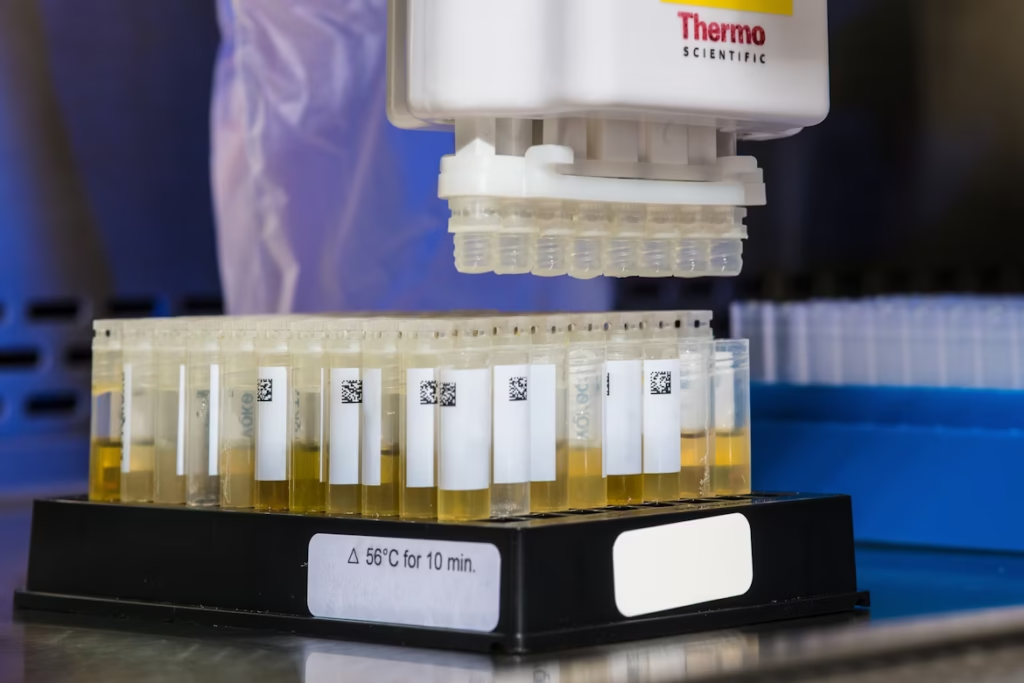January 14, 2025 — In a groundbreaking development that could reshape the future of cancer treatment, mRNA vaccine technology, which gained widespread attention during the COVID-19 pandemic, is now being adapted to fight various forms of cancer. Leading pharmaceutical companies and research institutions are making significant strides in utilizing mRNA vaccines to trigger the body’s immune system to target and destroy cancer cells. The potential of this technology could change the way cancer is treated, offering new hope for patients and dramatically improving survival rates.
In the past, vaccines have primarily been used to prevent infections. However, mRNA vaccines work by instructing cells to produce a protein that mimics a virus or, in the case of cancer, a tumor-specific protein. This protein then stimulates the immune system to recognize and fight cells that display that protein, including cancer cells. The mRNA vaccines designed for cancer are personalized to target specific mutations found in a patient’s tumor, making them a more tailored and precise treatment compared to traditional therapies.
Researchers have already seen promising results in early-stage clinical trials, particularly with cancers such as melanoma, breast cancer, and lung cancer. In some cases, patients have experienced a significant reduction in tumor size, and for some, even complete remission. Unlike traditional cancer treatments like chemotherapy or radiation, which indiscriminately target both healthy and cancerous cells, mRNA vaccines have the advantage of specifically targeting tumor cells, which can lead to fewer side effects and a more effective immune response.
The race to develop mRNA cancer vaccines is being driven by both established pharmaceutical giants and smaller biotech companies. They are building on the success of the mRNA vaccines used to combat COVID-19, using the same technology to produce vaccines that specifically target cancer cells. By harnessing the ability of mRNA to deliver custom instructions to cells, scientists believe they can “train” the immune system to recognize cancer cells more efficiently, even in the most difficult-to-treat cancers.
In addition to personalized cancer vaccines, researchers are also exploring the potential of combining mRNA vaccines with other cancer therapies, such as immune checkpoint inhibitors or targeted therapies. This combination approach could enhance the effectiveness of cancer treatments, enabling patients’ immune systems to work more effectively against the tumors.
The excitement surrounding this new development is palpable, as mRNA cancer vaccines hold the potential to transform cancer care. For decades, cancer has remained one of the most challenging diseases to treat, with treatments often coming with significant side effects and varying success rates. But with mRNA technology, the approach could become more efficient and personalized, reducing the risks and side effects of traditional treatments and offering a more targeted solution.
While it will still take time for mRNA cancer vaccines to become widely available, the clinical progress made so far suggests that they could soon be integrated into mainstream cancer care. With additional funding, further research, and successful trials, the dream of using mRNA technology to fight cancer could become a reality sooner than expected, ushering in a new era of cancer treatment and providing new hope for patients worldwide.
